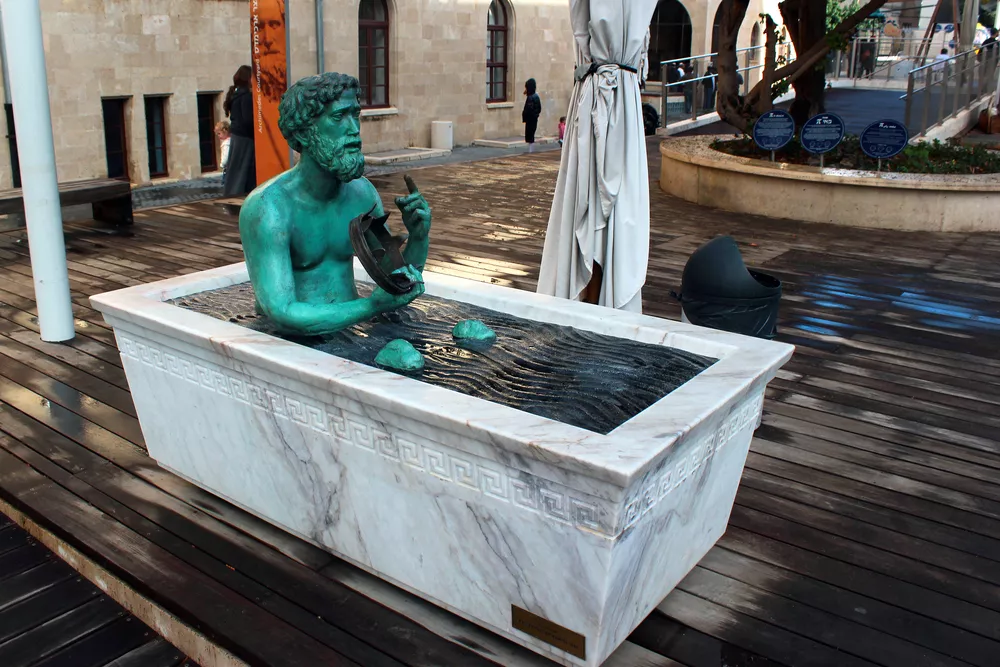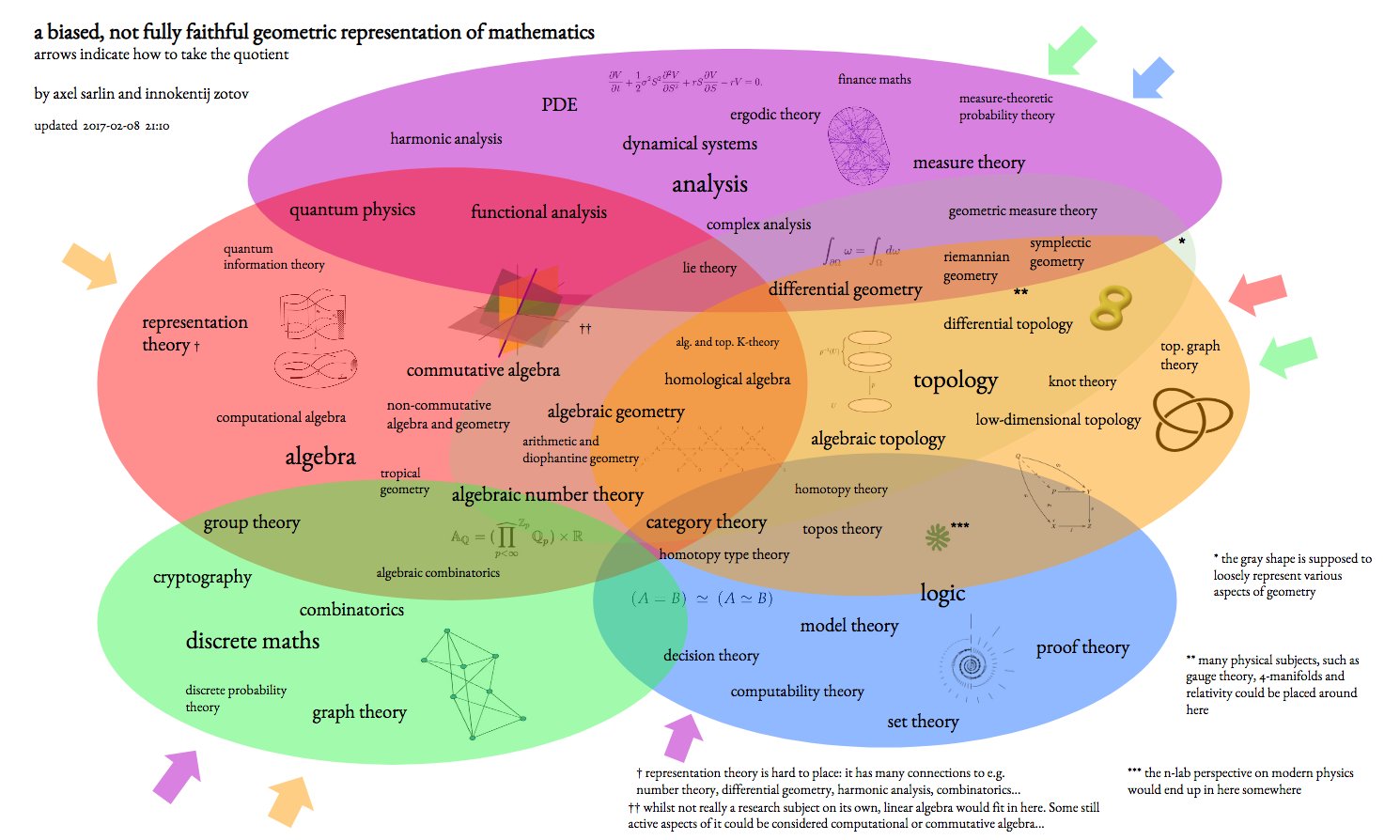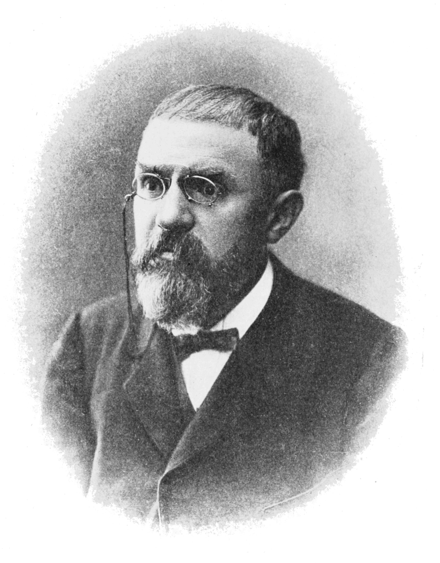3. Collaboration and Creativity
Overview
Key Points
- Most creative ideas develop over time with influence from our environment.
- Cultivating genuine connections with others helps build a richer human experience and thus creative capacity.
- Researchers need extra time to digest the large amount of information out there and work across disciplines to make major scientific breakthroughs.
Objectives
- Recognize factors in our environment that may influence our creativity for both the positive and negative.
- Gain a deeper appreciation of genuine connections in our professional and personal lives.
- Understand the factors involved in major scientific breakthroughs and the methods for increasing their liklihood.
Eureka…?
We often hear about “Eureka moments.”

One of the earliest Eureka moments involves Archimedes in Ancient Greece. One day, Archimedes sat down in a public bath and noticed the water rise. He proceeded to shout “Eureka” in response to his new revelation connecting volume and displacement. This story supposedly provides the origin of the name eureka can, a scientific instrument for measuring volume.

A Slow Burn
Popular science author and media theorist Steven Johnson notes in his book “Where Good Ideas Come From” that Eureka moments are largely mythical. Instead, good ideas develop over long gestation periods and derive from random collisions with many ideas with influences from lots of other people over long periods of time.
Connections are Key
Professor of Sociology and Strategy at the University of Chicago Booth School of Business believes that the diversity of an individual’s connections largely explains career success. Individuals with small, closed networks where the people all know each another are less likely to perform well in terms of compensation, evaluation, promotion, etc. Those with large, open networks with people in different communities perform much better with regard to these metrics.
Exponential Expansion
In January 2023, researchers noted a marked decline in disruptive science and technology over time. They attribute this trend in part to scientists’ and inventors’ reliance on a narrower set of existing knowledge.

Scholars may struggle to keep up with the research literature due to its exponential growth, especially if it spans multiple disciplines. To combat this, the authors reccommend that scholars read widely and give themselves time to keep up with the rapidly expanding knowledge frontier.
Poincare’s Beach

Henri Poincare once made a breakthrough discovery while on vacation in the sea-side French town of Countances. Check out the story in this article on mathematical discovery.
Bio Break!
Let’s take a brief break to stretch before moving on to the next page. See you in a few minutes.